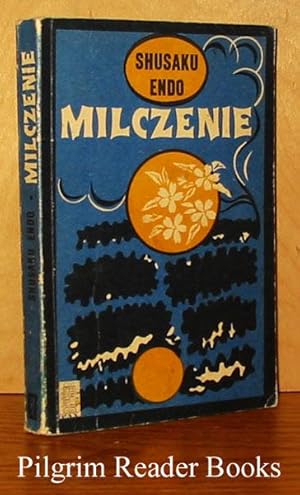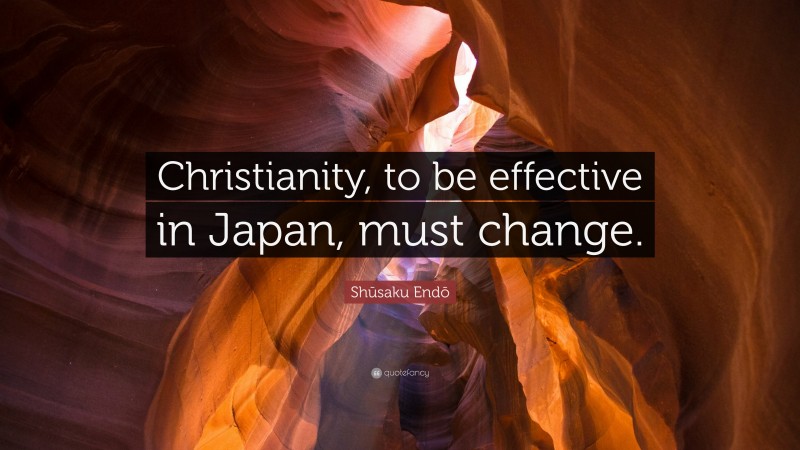

As Rodrigues looks upon a fumi-e, Christ breaks his silence: "You may trample.

At the climactic moment, Rodrigues hears the moans of those who have recanted but are to remain in the pit until he tramples the image of Christ. Rodrigues' journal depicts his struggles: he understands suffering for the sake of one's own faith but he struggles over whether it is self-centered and unmerciful to refuse to recant when doing so will end another's suffering. Beginning with Ferreira, they torture other Christians as the priests look on, telling the priests that all they must do is renounce their faith in order to end the suffering of their flock. Prior to the arrival of Rodrigues, the authorities had been attempting to force priests to renounce their faith by torturing them. There is no glory in these martyrdoms, as Rodrigues had always imagined – only brutality and cruelty.

Rodrigues and Garrpe are eventually captured and forced to swim as Japanese Christians lay down their lives for the faith. Those who refuse are imprisoned and killed by ana-tsurushi, which is by being hung upside down over a pit and slowly bled. To ferret out hidden Christians, security officials force suspected Christians to trample on a fumi-e, a carved image of Christ. There they find the local Christian population driven underground. Rodrigues and his companion Francisco Garrpe (also a Jesuit priest) arrive in Japan in 1639. The novel relates the trials of Christians and the increasing hardship suffered by Rodrigues. Less than half of the book is the written journal of Rodrigues, while the other half of the book is written either in the third person, or in the letters of others associated with the narrative. The young Portuguese Jesuit priest Sebastião Rodrigues (based on the historical Italian figure Giuseppe Chiara) travels to Japan to assist the local Church and investigate reports that his mentor, a Jesuit priest in Japan named Ferreira, based on Cristóvão Ferreira, has committed apostasy. The novel has been adapted to film three times, a 1971 Japanese film directed by Masahiro Shinoda (for which Endō co-wrote the screenplay), a 1996 Portuguese film directed by João Mário Grilo, and a 2016 American film directed by Martin Scorsese. Silence was published in English in 1969 by Peter Owen Publishers. Written partly in the form of a letter by its central character, the theme of a silent God who accompanies a believer in adversity was greatly influenced by the Catholic Endō's experience of religious discrimination in Japan, culture gap in France, and a debilitating bout with tuberculosis. The recipient of the 1966 Tanizaki Prize, it has been called "Endo's supreme achievement" and "one of the twentieth century's finest novels". It tells the story of a Jesuit missionary sent to 17th century Japan, who endures persecution in the time of Kakure Kirishitan ("Hidden Christians") that followed the defeat of the Shimabara Rebellion. Silence ( Japanese: 沈黙, Hepburn: Chinmoku) is a 1966 novel of theological and historical fiction by Japanese author Shūsaku Endō.


 0 kommentar(er)
0 kommentar(er)
